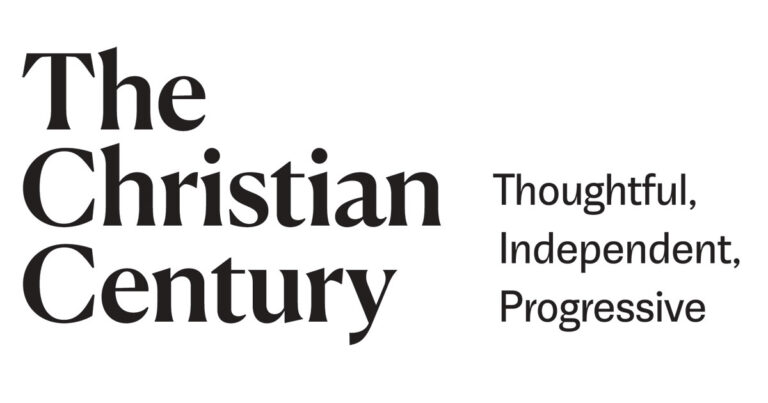I recently served as president of a church council. If you’ve ever served on a church leadership committee, you know what this means. Long meetings that take up evening family time. Addressing questions, concerns, and sometimes anger about what is happening within the church. They ask for feedback, communicate priorities, and struggle with how to organize big ideas into a manageable path to implementation. Nevertheless, I rejoiced in the energy my fellow Christians brought to building community, doing justice, and worshiping God.
In “The Good News of Church Politics,” Ross Kane asserts that the work of my church council is politics, and assures me that it is necessary and a source of good news for our congregations and the world. Cain, a theologian and Anglican priest with years of experience in congregations, argues that it is a mistake to limit politics to national policy or to see it as separate from our lives. It is also a mistake to think that politics will inevitably be a source of division in our religious communities.
Politics is simply how communities, large and small, “form a common, interdependent life.” Church leaders and members practice politics every day, and we have the ability and responsibility to do so in a Christlike manner that reflects our call to love of God and neighbor. The less the politics of our local church communities reflect the often harmful debates over national and global policy, the more likely Christians will shape the world toward love and justice.
This easy-to-read book unfolds in a clear and purposeful manner. Cain begins by discussing how politics can be reframed as a normal means for churches to build and sustain communities that support their members and reach out to their neighbors in love. He then explains how spiritual and political practices in the church can enhance each other. For example, Jesus’ command to love your enemies might take concrete form in a community discussion about changing the shape of a road or organizing paintings in a fellowship hall. Citing the example of Martin Luther King Jr. and the U.S. civil rights movement, Kane argues that these everyday acts of decision-making and collaboration can better prepare Christians to defend their principles when advocating for policy or participating in social movements demanding change.
Next, Kane examines leadership and governance practices. Even if limited time and resources prevent us from achieving all the changes we desire, he advocates using our authority to “build loving interdependence” between both our members and our neighbors.
The final section of the book turns to the colloquial understanding of the word politics, referring to the role of the church in the wider community, whether local, regional, or national. Cain urges churches to first engage their neighboring communities, as paying attention to the needs of those who seek help from the church can inform local advocacy in useful ways. He describes one church that provided emergency food assistance. Members of the church found that many of the families they helped were going hungry, having to spend more than half of their income on housing. This prompted the congregation to advocate for the city to adopt policies that promote affordable housing.
At the same time, Cain cautions against focusing solely on one’s immediate community, in part because neighborhoods, cities, and towns are often segregated by unjust policies and practices. Rather than focusing locally as an excuse to turn a blind eye to injustice, the church should reach out to its neighbors across racial and economic lines and assert stronger, broader community ties.
This book encourages Christian leaders and communities to follow Jesus’ example of being flexible, showing love in ways that are appropriate to the time and the people involved, and practicing good political practices. Nevertheless, Kane never lost sight of the Christian hope for the intrusion of God’s promised justice and love. It is often the right thing for the Church to act in the community, and some of these actions may seem small, but they can be done in a spirit of prayer, that the lowly may be lifted up, the mighty cast down, and the hungry filled with good things.
Some readers may find the book’s tone overly optimistic and seek suggestions for stronger responses to current government policies that harm the poor and vulnerable, attack religious and free speech rights, and embrace violence instead of peace. But Kane is well aware that abuse, conflict, and exclusion do happen. He offers a limited but thoughtful exploration of the ambiguity of forgiveness, abuse by those in power, and the difference between finitude and sin.
Cain’s main purpose is to move beyond the idea that “church politics” can only mean bad things and to demonstrate how the church’s governance and daily activities can demonstrate God’s love in a variety of ways. He believes that the way forward lies in the efforts of church politics to form interdependent communities in a Spirit-filled way. Cain’s clear and hopeful articulation of this path makes this book an excellent resource for clergy and lay leaders seeking congregational foundations.


